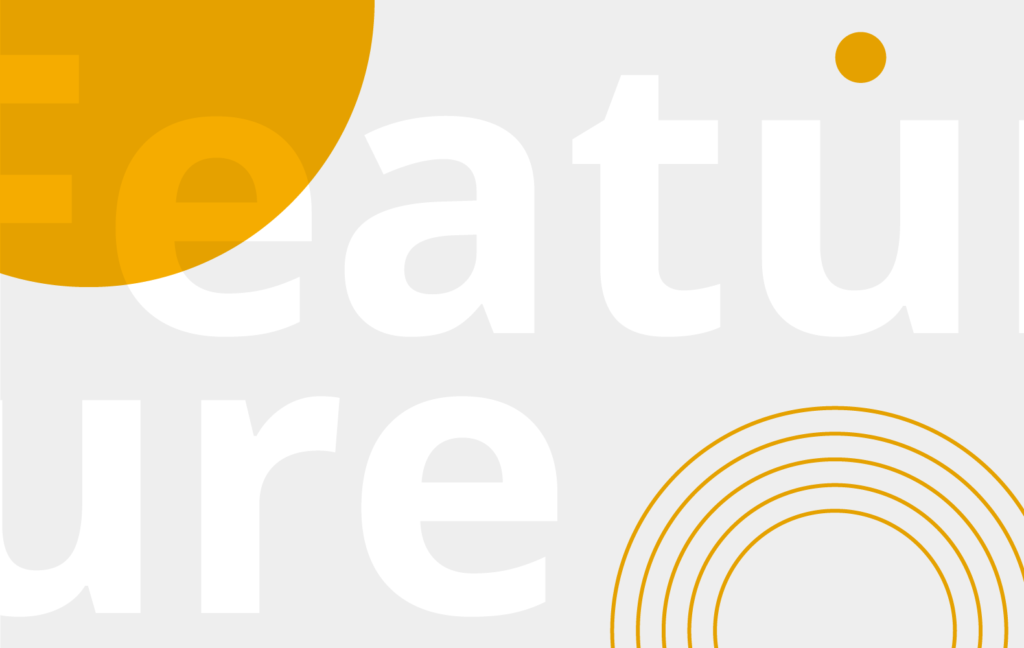22 April 2020 – EMBO invited its 1800 Members and 150 Young Investigators to report on any efforts they or their institutions are making to help fight the ongoing COVID-19 pandemic. We received responses from 370 scientists, of which 307 reported SARS-CoV-2-related activities of their own research groups, of their institutions, or their own personal efforts. EMBO Members and Associate Members (272), Young Investigators (25), Installation Grantees (8), and others (2) shared examples of work directed towards the pandemic. The majority are in Europe (274), but we have also had responses from Canada, Israel, Singapore, and the United States.
Many groups and institutions are involved in multiple types of activity.
- Close to half (151) are actively carrying out research programs and projects. Using computational, cell, tissue, and animal models, and patient samples, the research covers the entire spectrum, from studies into basic biology of the virus and translational research to initiating clinical trials of promising interventions.
- Nearly 85 groups are involved in developing research reagents, biomarkers, diagnostics, drugs, and vaccines, and personal protection equipment (PPEs) for frontline medical care workers.
- Around 105 groups have donated their reagents, PPEs, and research equipment for viral testing, while members from 47 groups have volunteered to support the testing efforts.
- Around 20 groups are involved in clinical duties and setting up repositories for samples and data.
- Some of the scientific groups are involved in
- Conducting assessments, serving on funding bodies supporting research, and providing medical and public-health advice to government policymakers (54)
- Communicating with journalists and the public through print and online media (40)
- Teaching and training (10)
While some scientific groups have intensified their work on or pivoted their research to COVID-19, others who may not be able to conduct research because of lack of expertise or access to their laboratories found novel ways to support the scientific enterprise. Some reported switching from researcher to clinician mode, while others decided to work on devising PPEs or volunteer for testing patients. Others are disseminating information via lectures, articles, blogs, interviews, and social media to policymakers, students, and the public. A few scientists, including some who stepped out of their retirement, are providing advice, mentorship, or a historical perspective.
This summary captures many but not all of the programmes, projects, and initiatives undertaken, or the number of people involved in these efforts. This is an impressive record. It illustrates that more than one fifth of the active EMBO Membership participate in work to try and understand the virus and finding ways to defeat it. Practically, all of this relies on spontaneous and voluntary decisions, often made possible by existing funding for basic research, whether through core institutional funding, grants from funding agencies, or other sources that give researchers full scientific freedom to pursue any problem that is deemed important. This is a testimony to the research community’s resilience in the face of adversity, flexibility to adapt, creativity in the use of their time and resources, and commitment to science.



